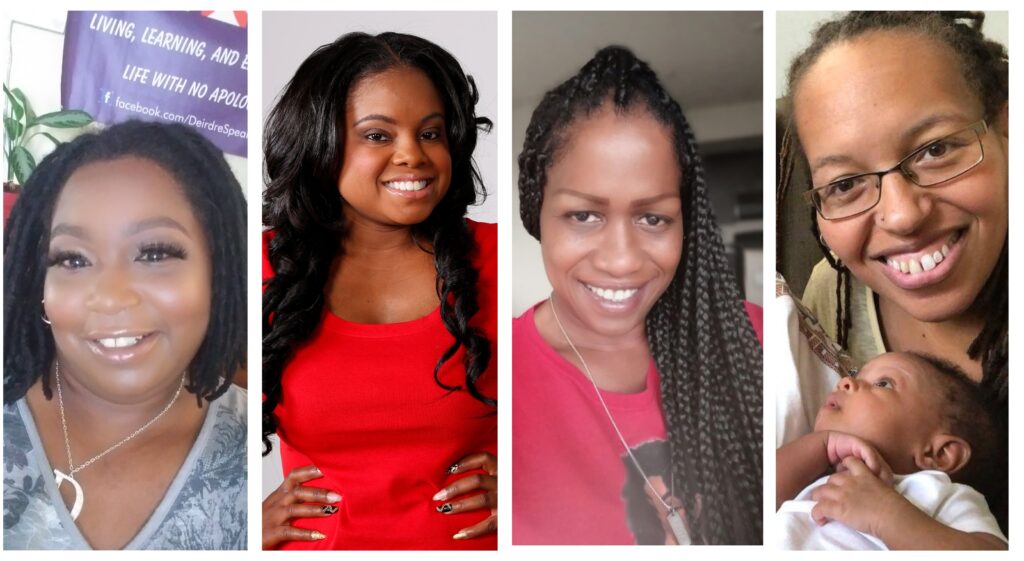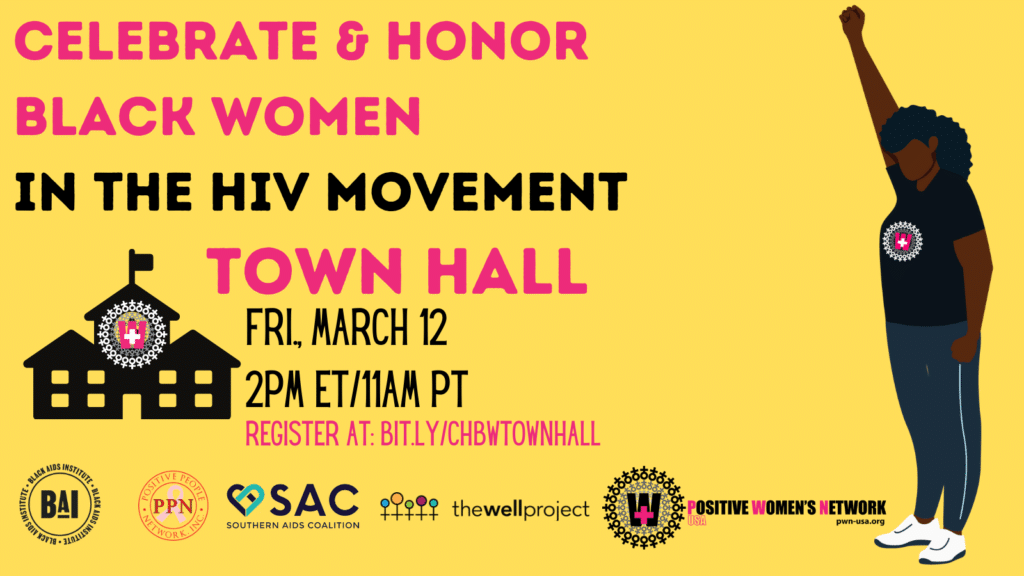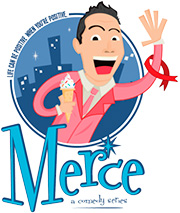
Included on my long list of Black women in the HIV movement I admire are writer Deirdre Johnson, entrepreneur and activist Hydeia Broadbent, social media influencer Davina Conner, and editor and ally (and proud mom) Olivia G. Ford.
The Black women that have shaped and inspired my HIV activism — and my personal growth — weren’t present in my life before my HIV diagnosis in 1985. I’m trying hard to even place a significant Black woman in my (very caucasian) upbringing and early college years, and I’m coming up empty.
It wasn’t until I began my work in 1987 at the first AIDS organization in Los Angeles, the Shanti Foundation, that I had the privilege of working alongside Black women. I was only 26 years old and they inspired me, taught me, and oftentimes, loved and reassured this frightened HIV-positive young man.
Many of them, like volunteer Patricia Griffin, gave me the hugs and assurance only a mother could provide. Pat was among the first Black women in Los Angeles to speak out as a woman living with HIV. I say your name, Pat. Thank you for your gifts to me. I carry your memory to this very day.
I would like to think that my life and friendships would have been populated by Black women anyway, but to this degree? Probably not, and I would have been a lesser man for it. I have my work in the HIV arena to thank for bringing diverse voices into my life. (Notice I don’t say “I have HIV to thank…” I am never grateful for the virus, I am grateful for our response to the virus.)
We all have the opportunity to “Celebrate and Honor Black Women in the HIV Movement” with upcoming events sponsored by the Positive Women’s Network (USA) and their partners. Put these virtual events on your calendar, and in the meantime, reflect on the contributions Black women have made in your life.
First up is a “Twitter Storm” on Friday, March 12th. All you have to do is show up on Twitter at 2pm ET and use the hashtag #CelebrateBlackWomen, or search for that hashtag to see what people are tweeting. That might be a great time to raise up the names of Black women who inspire you.
The big event comes on Friday, March 12, when a virtual “Celebrate Black Women Town Hall” event will be held at 2pm ET. Their event description promises something for everyone: “Join PWN and other Black women leaders in the HIV movement for discussion about what it means to honor, celebrate, protect, respect, and pay Black women–as well as some entertainment!” You can register for it right here.
I’ll be attending both, because I honestly don’t believe there is a population within the HIV community as remarkably effective as women activists, and this is a great opportunity to learn and get inspired by Black women.
Meanwhile, let me leave you with the words of writer Deirdre Johnson, a Black woman living with HIV. Her appreciation for other Black women perfectly captures why they deserve to be celebrated and honored, today and every day.
A love letter to Black women in the HIV Movement
by Deirdre JohnsonDear Black women in the HIV movement,
First, thank you. I know that these are words that we often don’t hear enough. But seriously, thank you for all of that you do that no one knows about. Thank you for all of the sleepless nights, home cooked meals, frank conversations, tough love and all the tears you cried. More importantly, thank you for creating change for us all and showing us all how to love ourselves and each other. You are the reason we wake up to sunshine and go to sleep at night to the moonlight. You forged paths for us that we didn’t know that were impossible to safely navigate.
Several years ago I had the pleasure of attending a retreat with the theme of Unwritten. It was in a serene place that had no cell or internet service. We were able to connect with nature and each other. We even did crafts. As corny as it may sound, it was so therapeutic to just….be quiet and just live in each experience that came our way. In some ways it prepared us for what would be 2020. Every day I think of the individuals that joined me on that memorable retreat. Especially, how we came from all different walks of life, we had a common bond, HIV. The love that was in the place felt like a warm hug, smelled of fresh baked cookies (which staff made daily) and an overwhelming sense of blessed quietness. As I sat waiting for everyone to come into the room for the day, I started to think of all the stories that were unwritten, and I began to cry and write out my thoughts. When I was asked to write something for this inaugural celebration of Women in the HIV movement it made me reflect on that day.
So many of the stories of Black women have gone unwritten. Especially Black trans women who make change happen in the HIV community who go unnoticed. Who are the mothers for so many of our youth that have been put on the streets because of who they choose to love or how they choose to present themselves. Thank you.
We have been able to shed tears and still paint a beautiful reality of what pain, agony, disappointment, love, joy, magic, and happiness can be while at the same time creating a safe place for our children, families and friends. How many children do we have that we didn’t birth, yet we treat them as we did? How many family members do we have, biological and chosen that we have seen, heard and made space for them to be their best selves. How many sacrifices we have made that had no dollar amount but may have included our souls and to create prosperity for others with no reward for us. These are the many reasons why I say to you. Thank you for being the face of HIV when many faces are in the shadows. Thank you for fighting a fight that you didn’t sign up for but have taken on with so much grace. Today and everyday we honor your presence and we thank you for all that you do.
Thanks for reading, and please be well.
Mark








